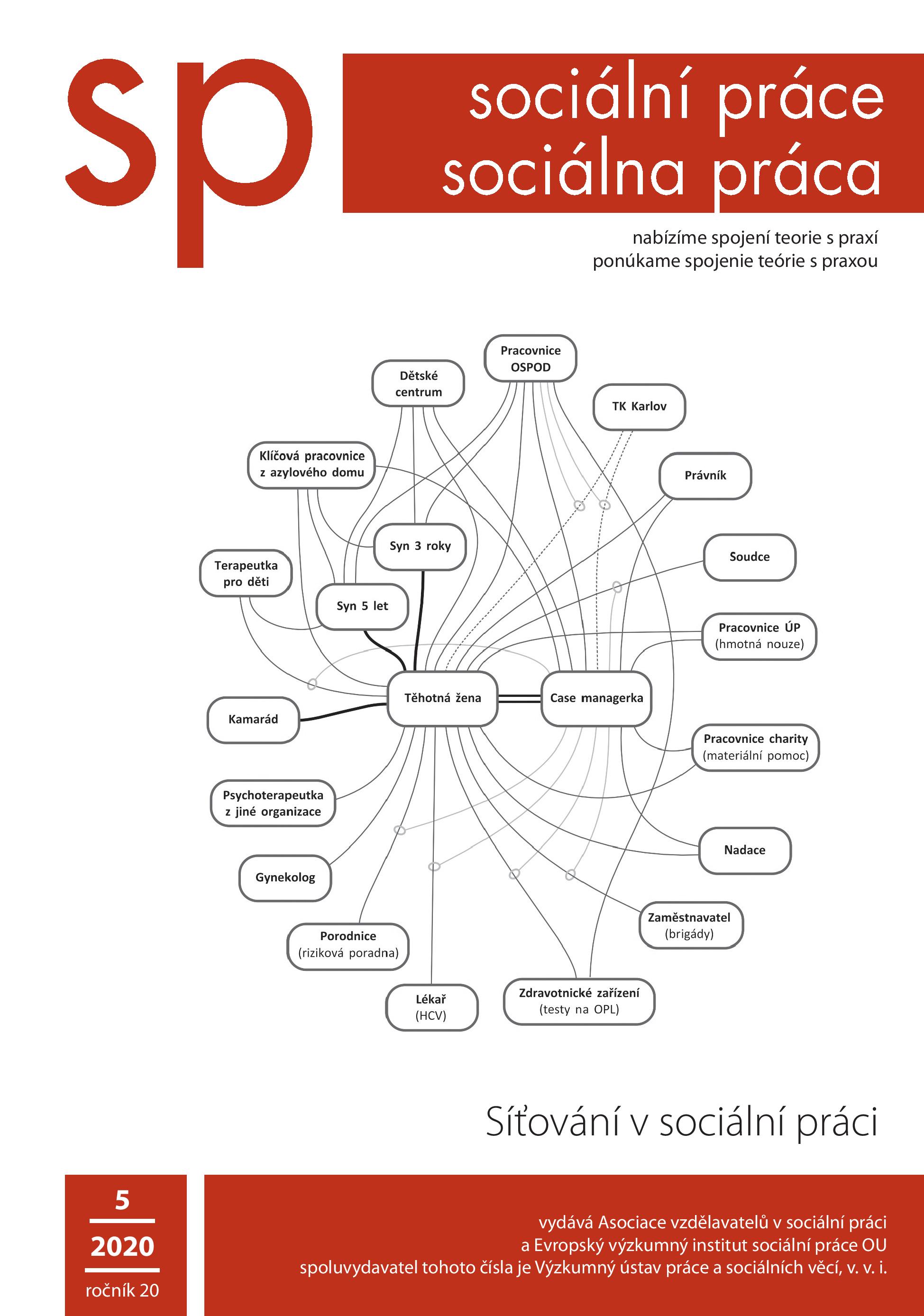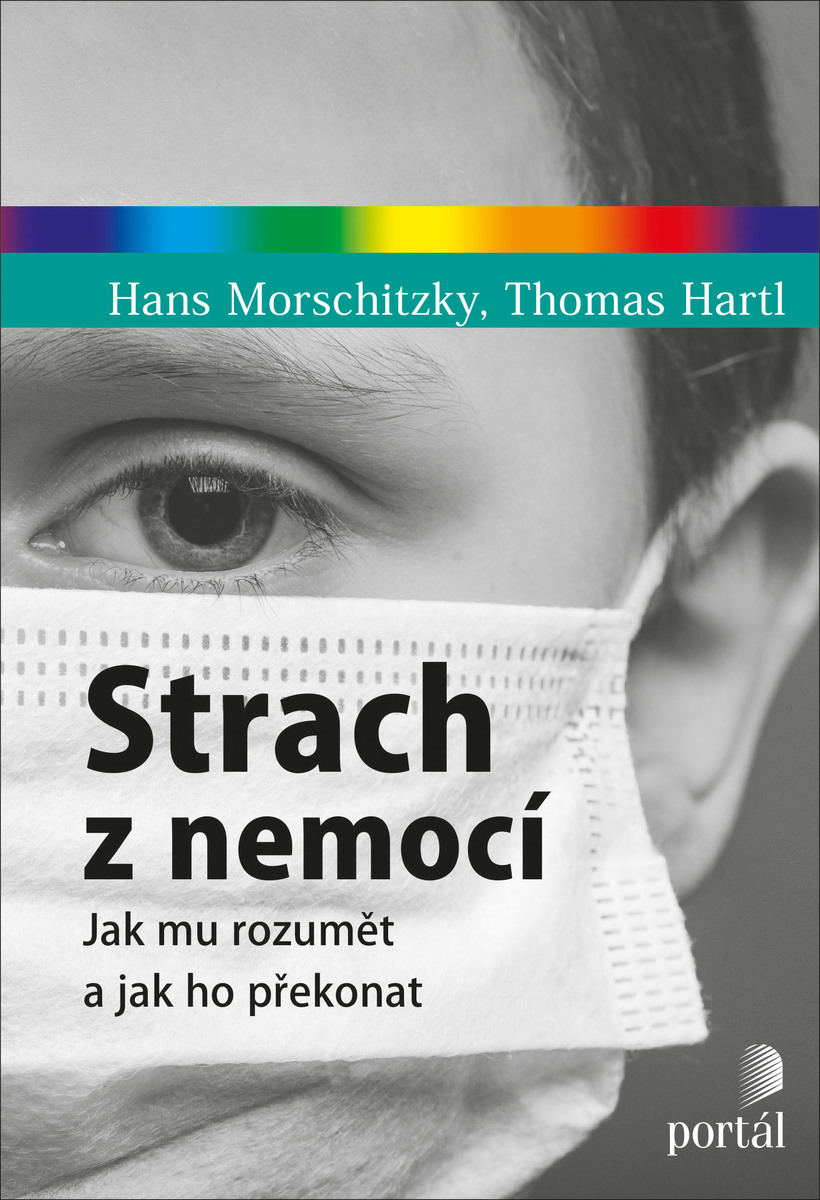
Z redakce
Nové předplatné pro rok 2021 Zemřel doc. PhDr. Pavel Hartl Advent plný dárků a překvapení YouTube kanál časopisu Sekce „Koronavirus v sociální práci“ opět spuštěna Vyšlo číslo 5/2020 „Síťování v sociální práci“
Přednášky on-line

Volná místa
Sociální pracovník (Moravská Třebová) Sociální pracovník / pracovnice (Nymburk) Vedoucí odd. kurátorů pro mládež (Praha) Kontaktní pracovník / pracovnice (Pardubice) Sociální pracovník (Hřebeč – Kladno) Odborný sociální pracovník (Liberec)
Čísla
Archiv čísel » 2018/4 - ERIS Journal - Summer 2018 »
Health, Wellbeing and Social Support in the Groups of Employed and Unemployed in a Finnish Community
Timo Toikko, Yerkin Kulymbaevitch Uisimbayev, Aini Pehkonen
Medailon autora:
Timo Toikko is a professor of social work at the University of Eastern Finland. He has authored
books on the history of Finnish social work, and the current development of Finnish social care
services.
Yerkin Kulymbaevitch Uisimbayev is a doctoral student at the Academy of Public Administration,
which is under the President of the Republic of Kazakhstan.
Aini Pehkonen is a professor of social work at the University of Eastern Finland. Her research
interest is focused on social inclusion, social exclusion, social relations and social capital.
Abstrakt:
OBJECTIVES: In the present study, we examine whether the labour market status is a significant factor in explaining the association between self-rated health and subjective well-being. THEORETICAL BASE: We test whether social support reduces the negative effects of impaired health on well-being. Hence, we analysed whether the groups of employed and unemployed are different in terms of how they each benefit from receiving social support. METHODS: The study is based on a survey conducted in 2016. The data consist of 841 respondents from which 732 had the labour market status of employed people and 109 had the labour market status of unemployed people. OUTCOMES: Labour market status is a significant factor in explaining the association between self-rated health and subjective well-being. Unemployed people with a low health status had a much lower rating with respect to subjective well-being compared to employed people with a similar low-rated health situation. There is a greater reduction in the impact of negative factors on subjective well-being via social support in the group of employed people. SOCIAL WORK IMPLICATIONS: The findings suggest that disadvantaged people should have been offered intensified services. From a policy perspective, the findings suggest a need for close cooperation between health, labour and social services.
Klíčová slova:
well-being, health, social support, unemployment
s. 34 - 44
Podobné články
 Social Work Practice of Hospital Social Workers under the Structural Adjustment Program in Greece: Social Workers Protecting the Right to Health Care within the Context of Neoliberalism
Social Work Practice of Hospital Social Workers under the Structural Adjustment Program in Greece: Social Workers Protecting the Right to Health Care within the Context of Neoliberalism Challenges with Poverty and Unemployment: Comparison of Austria with Western Balkan Countries
Challenges with Poverty and Unemployment: Comparison of Austria with Western Balkan Countries The Practice of Social Work in Health Care in the Czech Republic: How to Identify Understanding the Practice of Social Work in Health Care through Research?
The Practice of Social Work in Health Care in the Czech Republic: How to Identify Understanding the Practice of Social Work in Health Care through Research? New Paradigms in German Health Promotion – (New) Challenges for Social Work
New Paradigms in German Health Promotion – (New) Challenges for Social Work Analysis and Description of Availability and Sources of Social Support in Selected Difficult Situations for Seniors by Type of Their Household in the Czech Republic
Analysis and Description of Availability and Sources of Social Support in Selected Difficult Situations for Seniors by Type of Their Household in the Czech Republic

Vyhledávání



Debata
Co si myslíte o novém koaličním návrhu na zálohované výživné?
Poslední komentáře:
Nenalezen žádný komentář.Ediční plán
6/2020 – Evaluace v sociální práci 1/2021 – ERIS Journal - Winter 2021 - Forced Migration and Minority Groups 2/2021 – Raná péče a sociální práce 3/2021 – Metody sociální práce 4/2021 – ERIS Journal - Summer 2021 - Histories of social work













